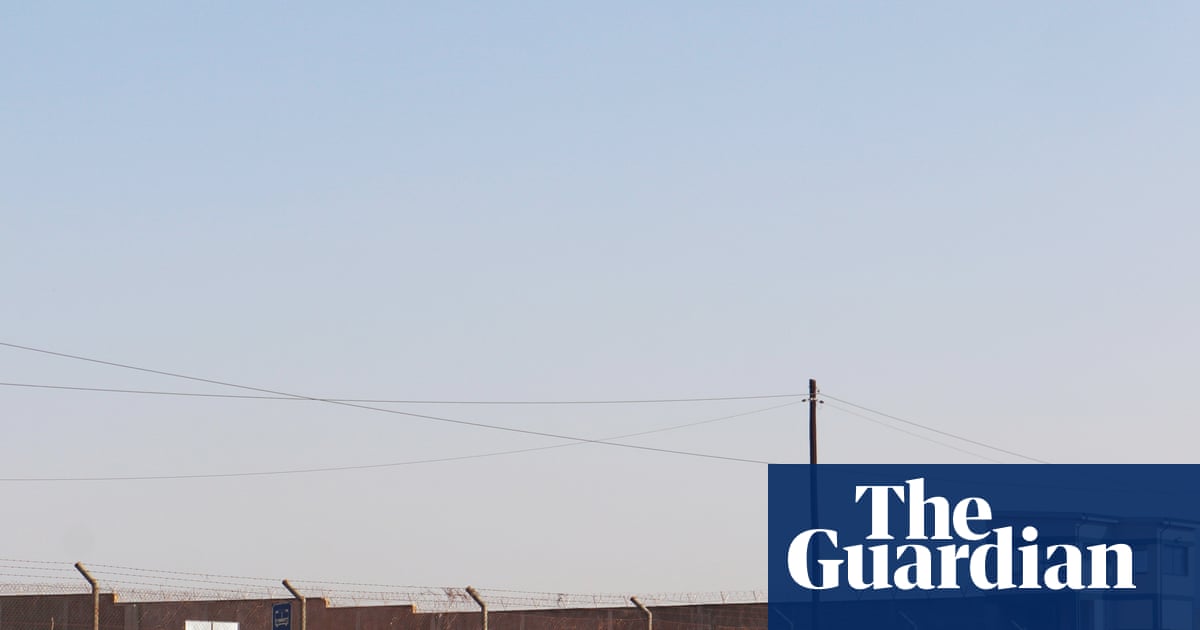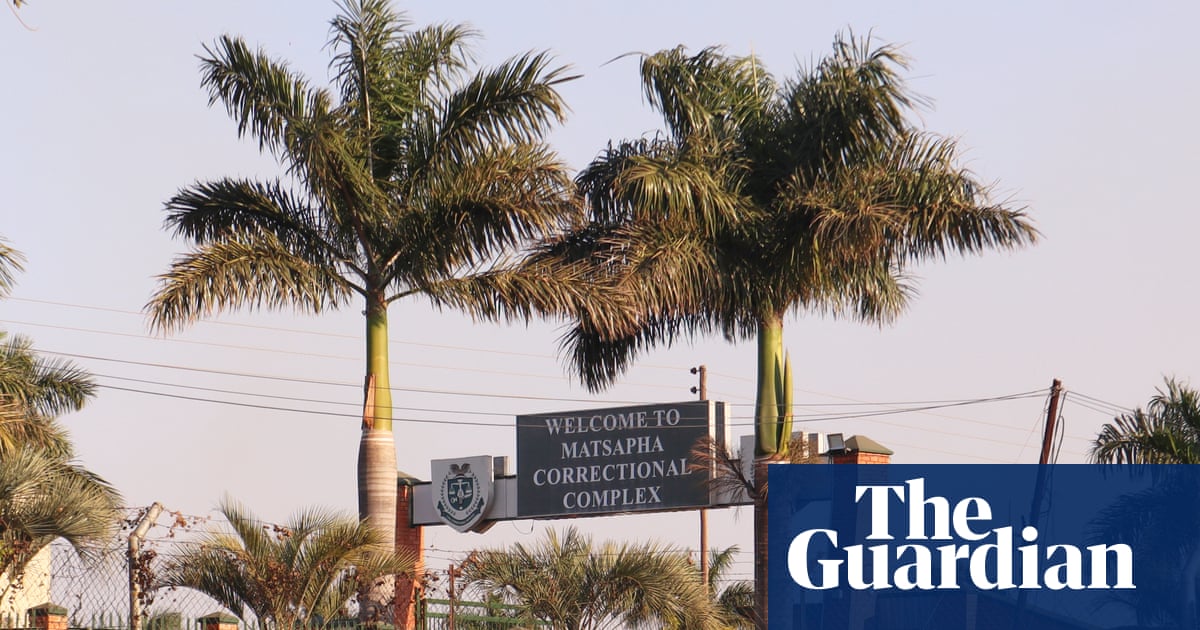T4K3.news
US begins controversial deportations to African nations
The US has deported criminals to Eswatini and South Sudan, raising legal questions.

The US has begun deporting convicted criminals to select African countries amid legal concerns.
US explores deporting criminals to African nations
The US government has started deporting convicted criminals to countries in Africa, specifically Eswatini and South Sudan. This move follows a pattern of deportations to Central and South America. Recently, twelve individuals from varying countries, including Mexico and Yemen, were sent to these nations. The legality of such third-country deportations is under scrutiny. Critics, including UN rights experts, argue that this practice can violate international law, particularly if the deportees face dangers in the receiving country. For instance, South Sudan's human rights situation raises significant concerns. There are claims that deportees have not been given a chance to challenge their deportation, which further complicates the legal landscape surrounding these actions.
Key Takeaways
"These removals to a nation that is not the migrant's place of origin could violate international law."
This highlights concerns about legality and human rights in the deportation process.
"There's no evidence the US is giving people a chance to challenge their deportation."
This points to serious legal and ethical issues regarding the treatment of deportees.
"In past arrangements, large sums of money were part of the package for accepting deportees."
This raises questions about the motivations behind third-country deportation agreements.
"It's a deeply flawed idea to send vulnerable individuals into unfamiliar and unsafe environments."
Dr. Edwards critiques the practice of third-country deportations.
The decision to deport criminals to African nations invites critical questions regarding human rights and international law. The principle of non-refoulement, which protects individuals from being returned to places where they may face danger, is particularly relevant here. Legal experts have expressed concerns that deporting individuals to countries like South Sudan, which has severe issues with safety and governance, breaches this principle. Additionally, pushing for such deportations within a politically charged environment reflects a troubling trend in the US's immigration policy that prioritizes deterrence over human rights.
Highlights
- Sending criminals overseas raises serious legal issues from due process to human rights violations.
- Deportations to unsafe countries challenge fundamental principles of international law.
- The US government must be held accountable for potential human rights violations in deportations.
- Many countries face backlash for accepting US deportees risking their own public safety.
Concerns over legality and human rights in deportation process
The US's decision to deport criminals to South Sudan and Eswatini raises significant legal concerns. Critics highlight potential human rights violations and lack of due process for deportees. Sending individuals to countries with documented human rights abuses complicates the legality of these actions under international law.
The implications of these deportations raise ongoing questions about human rights and international obligations.
Enjoyed this? Let your friends know!
Related News
Five immigrants deported to Eswatini in solitary confinement

Trump administration deports immigrants to third countries

Migrants deported to Eswatini face confinement

Outrage in Eswatini over US deportee arrivals

Daughter of murder victim speaks on controversial deportation

Prisoner swap highlights Trump's deportation strategy
US sends deportees to Eswatini as program expands

Civil society condemns US deportation deal
